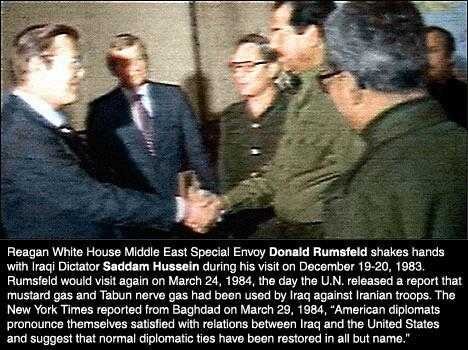I don't mind at all.. in fact it would be nice if you'd take your troops, your vulgar ways, your naked women, and your mangod out of the entire Muslim world.
Muslims make up 1.86 billion of the world's population spanning the globe, I am sure we'll survive just fine!
Just a thought, but you might want to actually write something coherent on occasion. We have troops in many locations in the islamist world by agreements with islamist nations. Islamists invited us into Iraq and Afghanistan so why whine and complain when we accept the Invitation?
Further, why not first remove your (wannabe jihadi) troops, your vulgar ways, your drug addicts and naked women from the West?
Thirdly, I see you need some education regarding just how well Islamism would survive without the West. That bastion of Islamism, the KSA, is already wringing it’s hands regarding the worlds oil consumption/reserves.
Saudis ask for aid if world cuts dependence on oil
http://www.chron.com/disp/story.mpl/busine...gy/6657947.html
The majority of islamist countries are dependent upon the West for their very survival. Absent oil exports, these bastions of Islamism are economically helpless as they have virtually no manufacturing or industrial base or the educated manpower to move their economies. In fact, it took Western technology for these islamist nations to develop their oil extraction infrastructure.BANGKOK — There are plenty of needy countries at the U.N. climate talks in Bangkok that make the case they need financial assistance to adapt to the impacts of global warming. Then there are the Saudis.
Saudi Arabia has led a quiet campaign during these and other negotiations — demanding behind closed doors that oil-producing nations get special financial assistance if a new climate pact calls for substantial reductions in the use of fossil fuels.
That campaign comes despite an International Energy Agency report released this week showing that OPEC revenues would still increase $23 trillion between 2008 and 2030 — a fourfold increase compared to the period from 1985 to 2007 — if countries agree to significantly slash emissions and thereby cut their use of oil. That is the limit most countries agree is needed to avoid the worst impacts of climate change.
The head of the Saudi delegation Mohammad S. Al Sabban dismissed the IEA figures as "biased" and said OPEC's own calculations showed that Saudi Arabia would lose $19 billion a year starting in 2012 under a new climate pact. The region would lose much more, he said.
"We are among the economically vulnerable countries," Al Sabban told The Associated Press on the sidelines of the talks ahead of negotiations in Copenhagen in December for a treaty to replace the Kyoto Protocol, which expires in 2012.
Try thinking before you ht the “submit reply” button.


